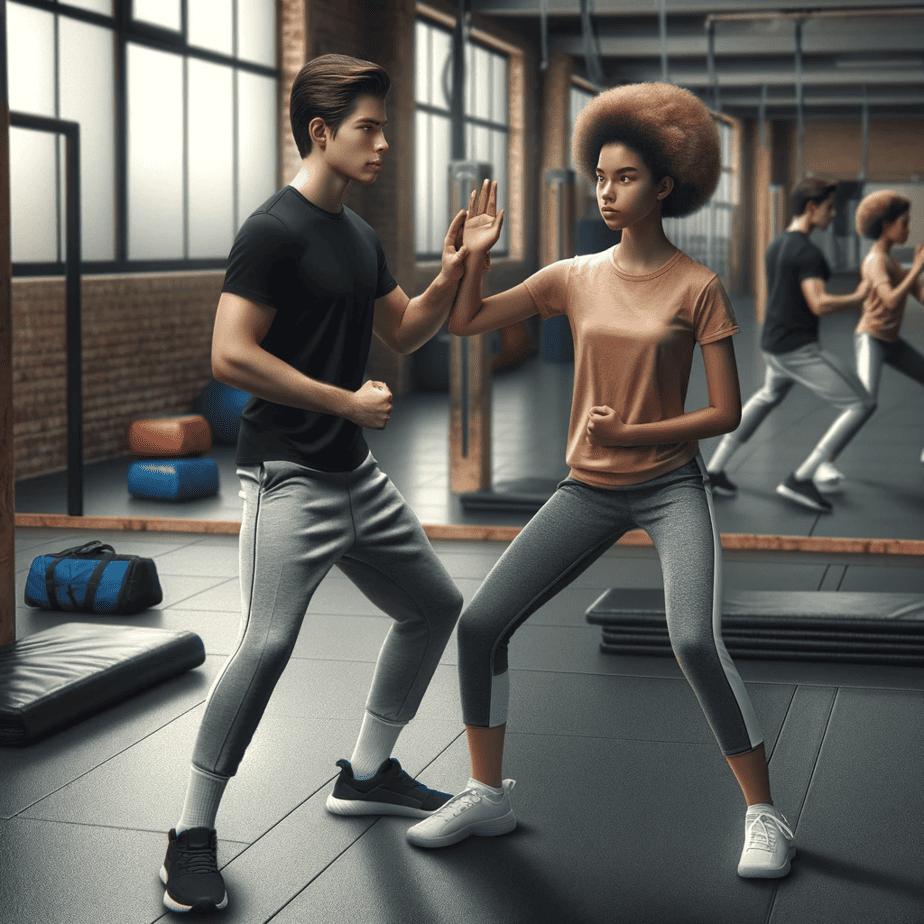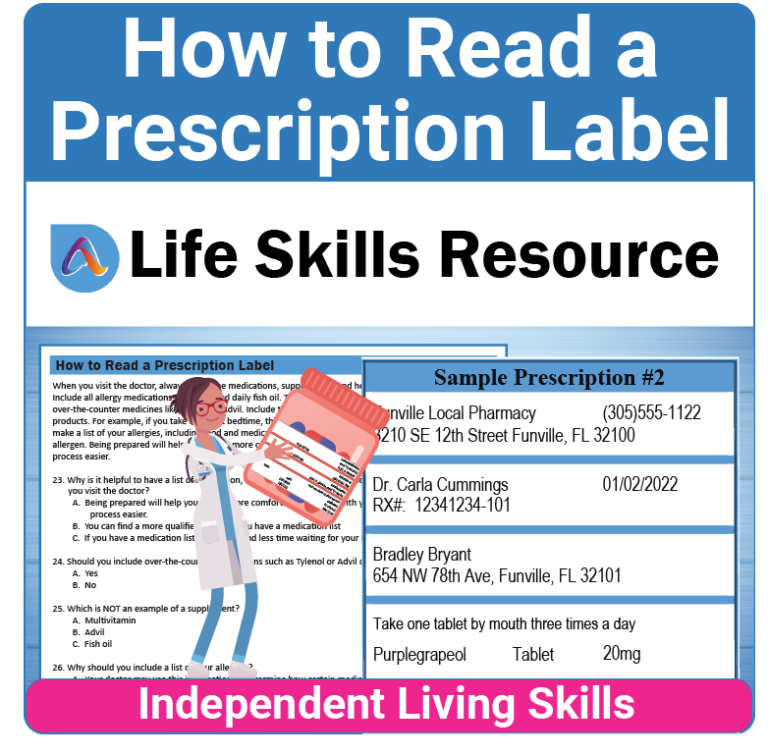Self-defense Training for Individuals with Disabilities
While self-defense is often associated with physical protection, its benefits extend beyond that, especially for teens and adults with disabilities. It can offer increased independence, confidence, and a sense of empowerment. Primarily, self-defense training equips individuals with disabilities with the means to protect themselves physically. Unfortunately, people with disabilities can be more vulnerable to physical harm due to limited mobility or communication difficulties. Self-defense training provides them with valuable techniques to defend themselves in physical altercations, granting them greater control over their safety and personal space.
The advantages of self-defense training go well beyond physical protection. For individuals with disabilities, learning self-defense can be an empowering journey that boosts self-esteem and confidence. This boost in self-assuredness is vital for those who may feel marginalized or excluded from society due to their disability. By mastering self-defense skills, your son or daughter can gain control over their lives and their world.
Self-defense training can also increase independence in daily life. Learning to protect themselves can make individuals with disabilities more comfortable with going out independently or engaging in activities they might have considered too risky. This newfound independence is extremely valuable for those who rely on others for assistance with daily tasks. Knowing how to defend oneself can be a game-changer, granting greater autonomy and self-reliance.
It’s not just individuals with disabilities who benefit from self-defense training – caregivers do, too. Caregivers often find themselves in the challenging position of balancing their loved one’s need for care with their desire for independence. Knowing that their loved one has the skills to protect themselves can provide caregivers with peace of mind, allowing them to step back and let their loved ones explore the world more freely.
Furthermore, self-defense training imparts crucial social and communication skills. Beyond physical techniques, many self-defense programs include strategies for de-escalating conflicts and assertive communication. These skills are invaluable in various aspects of life, including school and the workplace. Learning self-defense also offers individuals with disabilities the opportunity to socialize with others facing similar challenges, fostering a sense of community and mutual support.
It’s important to note that not all self-defense programs are created equal, especially concerning individuals with disabilities. Finding a program specifically designed for people with disabilities, one that addresses their unique needs and challenges, is paramount. This may entail adapting physical techniques, providing accommodations like interpreters or adaptive equipment, and creating an inclusive and supportive environment for all participants.
Self-defense training holds a wealth of benefits for teens and adults with disabilities. It offers physical protection, increased independence, boosted self-esteem, improved confidence, and valuable social and communication skills.




